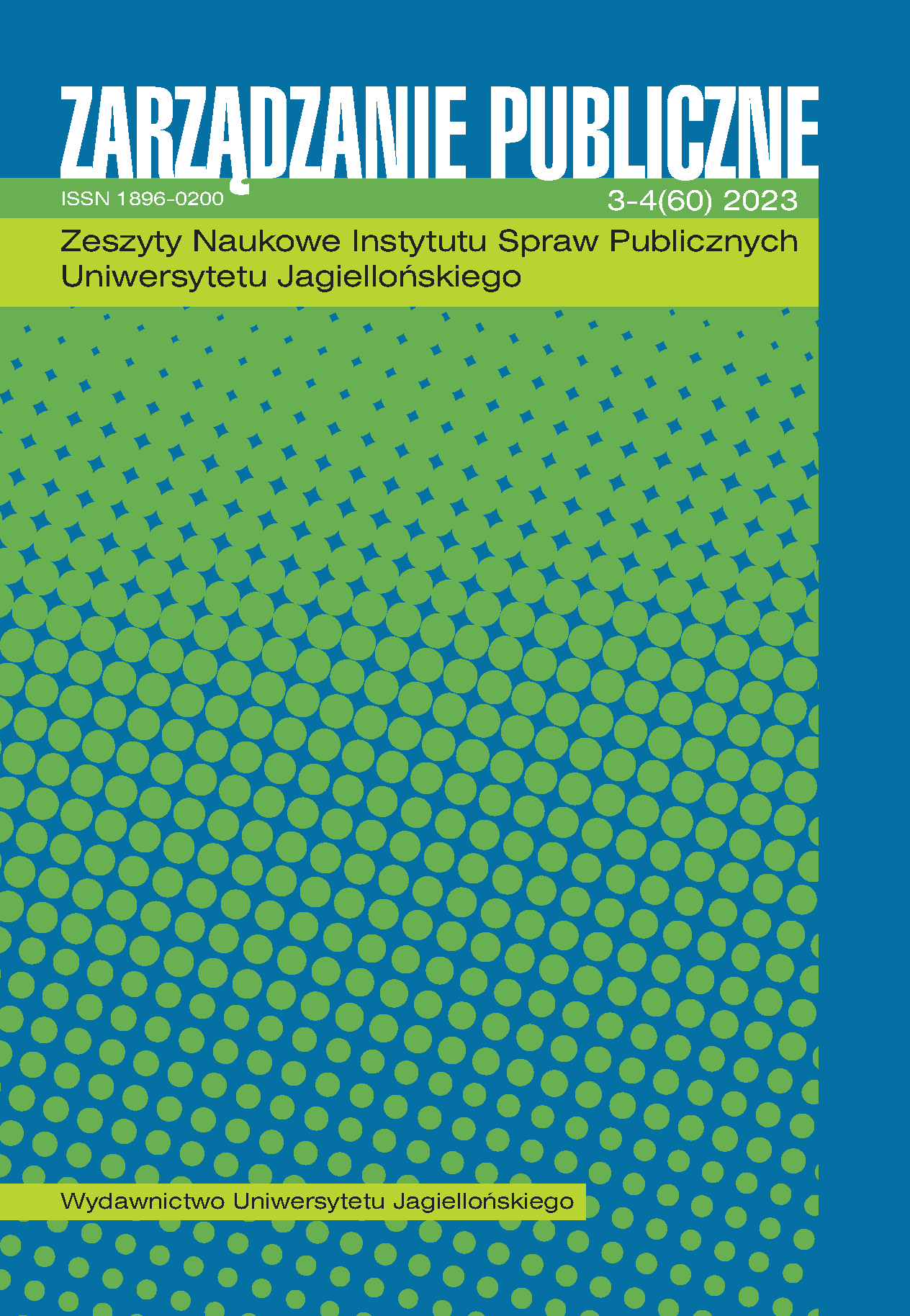Edukacja obywatelska w systemie szkolnictwa włoskiego
Civic education in the Italian school system
Author(s): Agnieszka Gloria KamińskaSubject(s): Politics / Political Sciences, Social Sciences, Education, Civil Society, Sociology, Sociology of Culture, Identity of Collectives, Pedagogy
Published by: Wydawnictwo Uniwersytetu Jagiellońskiego
Keywords: Italian higher education system; education in Italy; civic education
Summary/Abstract: In the Italian Republic, the management of the educational system has been divided between the Ministry of Education, Higher Education and Science, and its delegations in twenty Italian regions, as well as – in partial addition to that – the authorities of the regions comprising 94 provinces and municipalities (with highly diverse demographic and economic potential). The Article 34 of the 1947 Constitution of the Italian Republic obliges the state as well as regional and local authorities (in provinces and municipalities) to ensure equal access to education. Italian law establishes compulsory schooling of at least eight years of instruction. In doing so, it guarantees free primary and secondary education. At the same time, it mandates the removal of discriminatory practices. Able-bodied youth are guaranteed by law financial and material support in accessing educational institutions up to and including the university level. This guarantee is implemented through a system of scholarships and allowances, in which regions and local communities (and authorities) can also participate.As of 2019, the civic education program conducted for at least 33 hours per school year has been mandated by law as an element of compulsory teaching in Italian schools after years of previously variable practice. The program of this separate subject includes four main thematic segments: a) knowledge of the rights and duties of a human being and citizen, b) knowledge of the institutions of public power at the state, regional, and local levels, c) knowledge of the environment and instruments for its protection, d) knowledge of the institutions of the European Union and the entitlements of single European citizenship. The civic education should be taught not only in all public schools but also in both types of the non-public (with some autonomy as to the methods of teaching and the sequence of its content) schools in Italy as an independent subject that is to be assessed in the context of its educational effects.
Journal: Zarządzanie Publiczne
- Issue Year: 60/2023
- Issue No: 3-4
- Page Range: 127-138
- Page Count: 12
- Language: Polish

